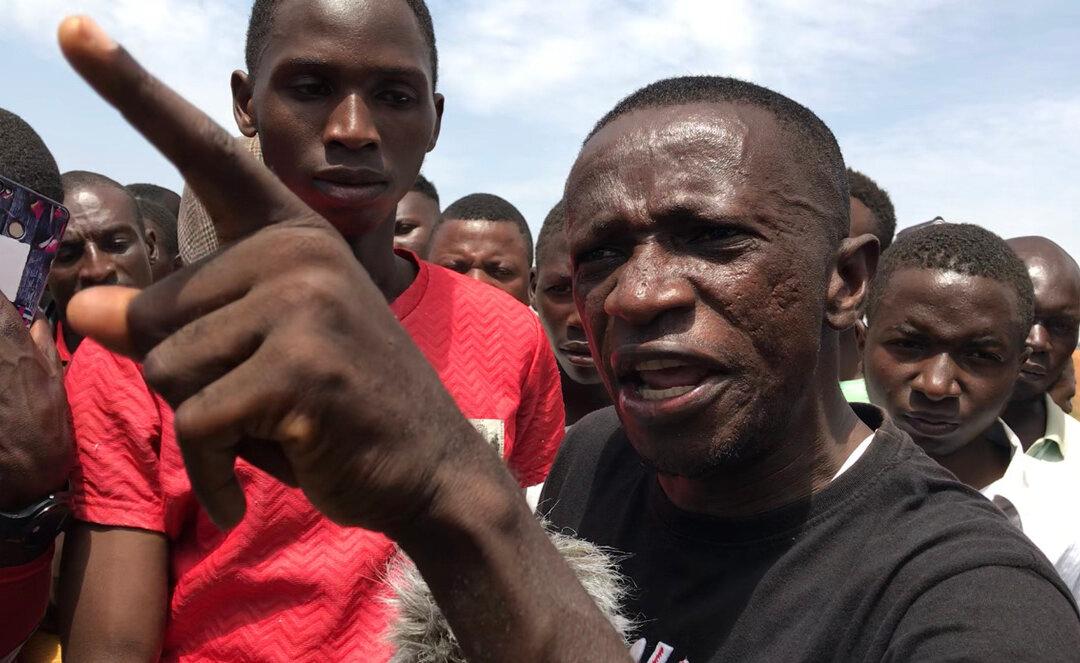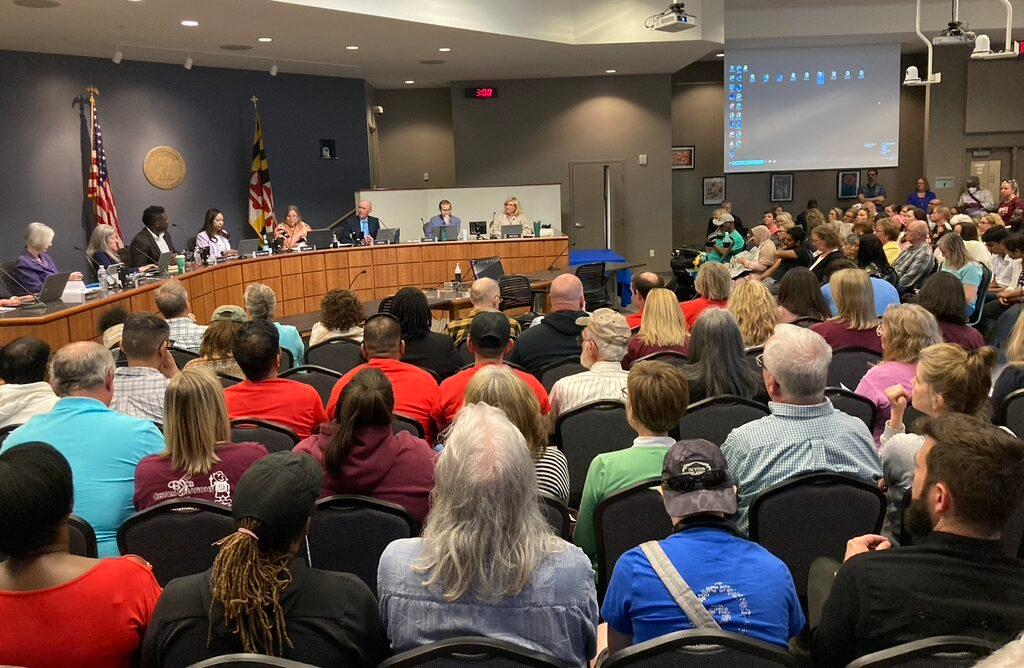The Nigerian Air Force has used recently acquired fighter-bombers to bomb the hideouts of terrorist bandit gangs in the country, prompting gang warlords to release abductees and extend peace offers to the government.
Two feared terrorist leaders in battle-scarred Zamfara state, Nigeria, are now offering to call it quits, provided that they can escape the long reach of the law.





